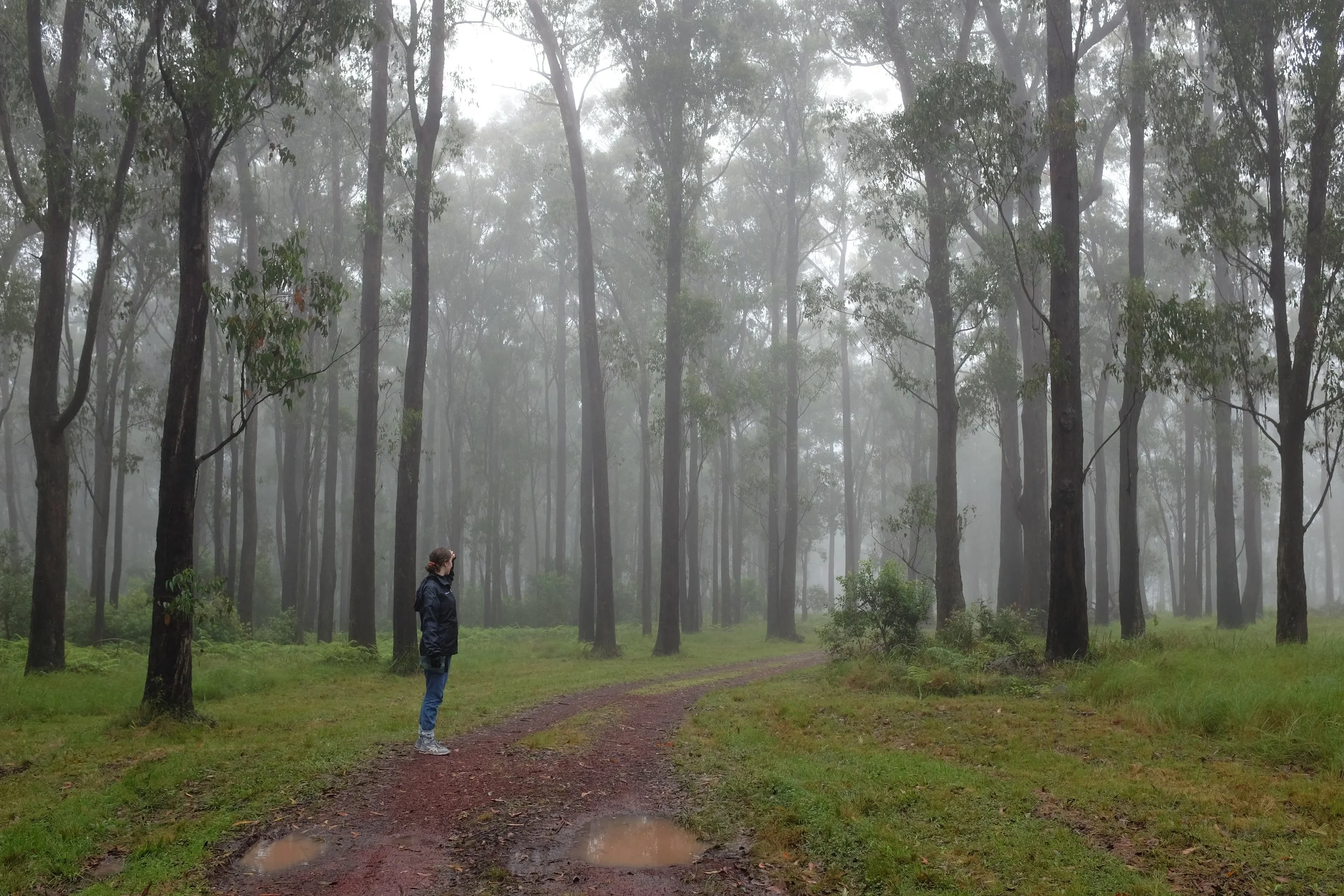Research and publications
My research practice exists within the fields of interdisciplinary artistic research and disability studies. My interests include innovative music notation practices (graphic, animated, and multi-media scores); acoustic ecology; and equity and diversity in musical spaces, including advocacy for lived experience of disability in research. These interests sometimes collide in explorations of how unconventional scoring and musicking might afford more accessible musical spaces. In 2025, my research is supported by the Creative Arts Research Institute at Griffith University as an Adjunct Researcher.
-
My Doctor of Musical Arts thesis (2021-2025) explored the role of colour in contemporary music notation through arts-based action research, producing a portfolio of eleven new and colourful works. My findings reveal insights into the nature of cross-modal correspondence and how musicians process musical ideas.
Publications:
Dyson Reilly, F. (2025). The sound of colour: Exploring the affordances of colour in musical scores. Chapter in Innovation in Music 2024. Routledge.
Dyson Reilly, F. (2023). Judging a score by its cover: The role of visual design in interpreting colour-scores. Proceedings of TENOR 2023 (the ninth International Conference on Technologies for Music Notation and Representation, 1(1), 161-170.
-
Sanctuary is the title of my collaborative project with musician-researcher Dr Alexandra Gorton. Catalysed by a joint artist residency at Harrigan’s Lane in autumn of 2024, our co-authoethnographic research reflects on our lived experience as neurodivergent musicians through the medium of sound. Our upcoming EP will share our co-improvisations using prepared piano, viola, violin, kantele, marimba, cymbals, and found sounds.
Harrigans Lane Collective Associate Artists
Publications:
Gorton, A. & Dyson Reilly, F. (2025). What do we really like?: Exploring musical potentials through collaborative embrace of Autistic sensibility. Chapter in Innovation in Music 2024. Routledge.
-
Body Code is an artistic and research collaboration with Vulcana Women’s Circus and the Queensland University of Technology (QUT), using circus performance as a platform through which to explore potential relationships between AI technology and disability. I will compose the soundtrack for the November 2025 performance, participating in ongoing workshops to investigate the role of co-design and universal design in shaping an accessible and enjoyable musical score.
